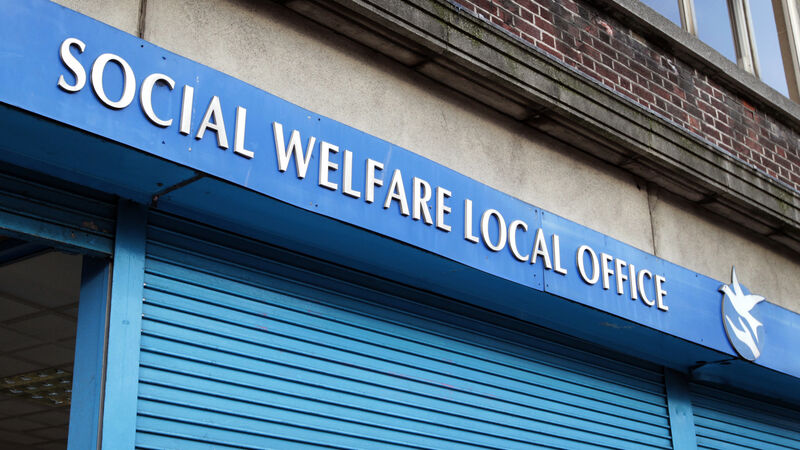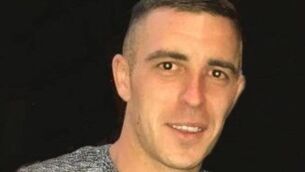Woman who never worked faces tax bill of €400k after CAB probe

The 43-year-old appellant told the TAC that she had been in receipt of social welfare payments since she was 18 and had never been employed or operated a trade. Picture: Mark Stedman/RollingNews.ie
A woman who never worked at any job has lost an appeal against a tax bill for almost €400,000 following an investigation by the Criminal Assets Bureau (CAB).
The Tax Appeal Commission (TAC) ruled in favour of the CAB after it issued the female, who was not named, with a demand in 2020 for unpaid tax worth €389,632.










